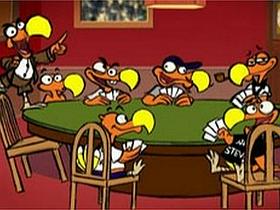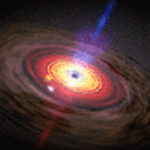Leonard Pitts has an interesting column today which begins:
"Hard to believe, but they're at it again. After 2002, when a National Cancer Institute statement reporting no link between abortion and breast cancer was changed by the Bush administration to say evidence of a link was inconclusive; after the administration cut language on global warming from a 2003 report by the Environmental Protection Agency; after a government scientist was forbidden in 2001 and 2002 from discussing health hazards posed by airborne bacteria emanating from animal waste at large factory farms; after 60 scientists, 20 of them Nobel laureates, signed a statement in 2004 accusing the White House of manipulating and distorting science for political aims.Amazing, isn't it?
After all that, Team Bush has once again been caught censoring science it dislikes."
On the one hand, you have government officials with little or no scientific credibility censoring and distorting and outright lying about science.
On the other, there are some who insist that it's the scientists who just "make this stuff up."
Problem is . . . scientists can't just "make this stuff up" when they don't know what's going on. That's because there's always another scientist somewhere who'd just love to make a name for him/herself by showing just how wrong the "made up stuff" is.
That's why procedures and results are published and subjected to something called peer review. Peer review is just a fancy way of saying "experts in this field of study carefully analyzed this experiment." "Peer" means that if you write a paper about biochemistry, it will be critiqued by other biochemists, not mathematicians or theologians. Or clueless government officials.
However . . . those who push non-scientific ideas avoid peer review like the plague. Instead, they publish books and produce videos that bypass the scientific review process, and market them to gullible consumers who are attracted by the pretty pictures and explosive sound bites. They rely on politics and press releases instead of peer review and rigor. It's these charlatans pushing pseudoscience who are the ones "just making stuff up."
Just like the government officials who are clueless about the science.
As Pitts concludes,
"But here's what really burns my toast: These people [the officials who are cluelessly censoring science] think I'm stupid. And they think you're stupid, too. What else can we conclude of a government that treats us with such brazen disdain?I know you're smart enough not to be duped by the un-scientists who are really "making up stuff."They think we're a bunch of doofuses, dimwits and dolts who will never notice that they've placed the interests of their cronies above our own.
For the record, I am not stupid and I resent being treated as if I am.
How about you?"











